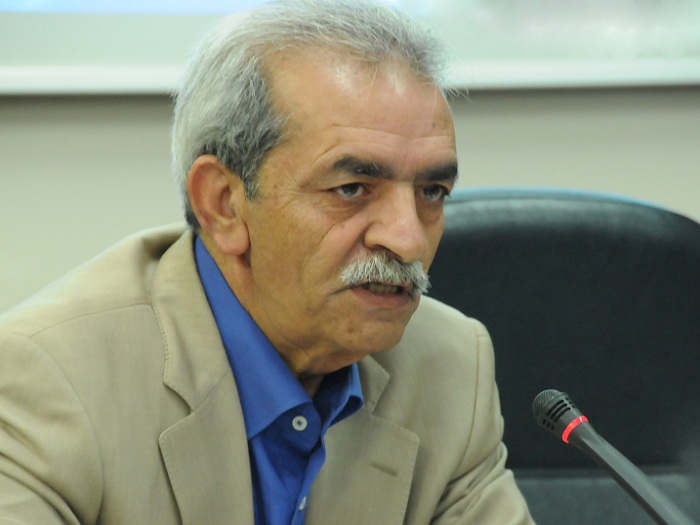How long should the economy subsidize politics!

The head of the Iranian Chamber of Commerce considered the role of exports in cultural, social and security issues very colorful and added: "It is said that if goods do not cross the border, soldiers will cross it and everyone understood this fact, but for us it is still important to solve this." Has not been.
According to the International Stone Exhibition of Iran, Gholam Hossein Shafei in the ceremony on the occasion of the National Export Day, stating that today is the crystallized day of pride of jihadists in the field of trade, said: At present, exports are done in exceptional and special conditions, we can say in such Export conditions are done by applying hard labor.
He continued: "Export in today's world is the tip of the arrow of economic development in countries in a way that is a criterion for measuring the economic strength of countries in a competitive market."
Shafei considered the role of exports in cultural, social and security issues very colorful and added: "It is said that if goods do not cross the border, the soldiers will cross it and everyone understood this fact, but for us this issue has not been resolved yet.
"We talk a lot about creating jobs, prosperity, improving people's livelihoods, social justice and welfare, but what is the result of these professions?" Where is the way to reach it?
Emphasizing that the improvement of people's livelihood depends on economic development, Shafei said: "Economic development should be created in the shadow of export development, and export development by exporters is possible, the turning point of which is the support of exporters."
Shafei continued: "Contrary to our expectations, the compensation for not exporting is paid by weak people."
"Exporters do not want financial support and export facilities," he said. "Exporters only want a smooth path to move. They expect confidence and assurance of the future, but in the last few decades our traders have been in a dilemma."
Criticizing how long the economy should subsidize politics, Shafi'i added: "The bottom line is that now the economy subsidizes politics, while political development depends on economic development."
Referring to the problems of the private sector following some political decisions, including the currency commitment, he said: "We claim social justice, but is this justice applied to the private sector in one-sided government management?" Who is responsible if an irrational decision and an unsuccessful collective policy destroy us? If an opportunity is missed in the economy, who questions the decision-makers who made it? Who asks them why you took opportunities from people's livelihoods?
Shafei said that the result of not answering these questions is creating mistrust among the people.
Emphasizing that the situation ahead in the country is completely different, he added: "The road ahead can be promising, if you combine your words with action for once, to use the private sector."
The head of the Iranian Chamber of Commerce said: "Many people are waiting for the right decision from you. Many economic actors have been wrongfully brought to trial and have stayed at home. This division needs your help with its potential."
At the end of his speech, Shafei emphasized: the conditions are ready to illuminate the future of the country's economy with a new ointment.
* ILNA










